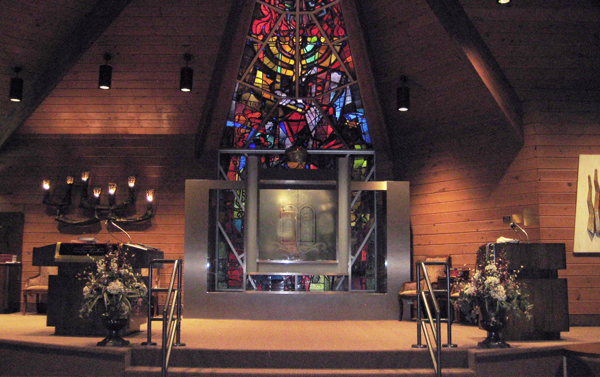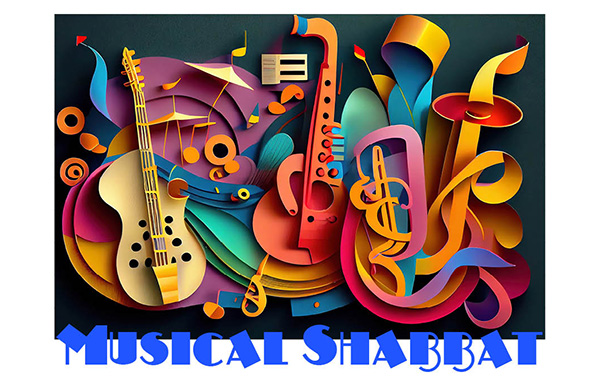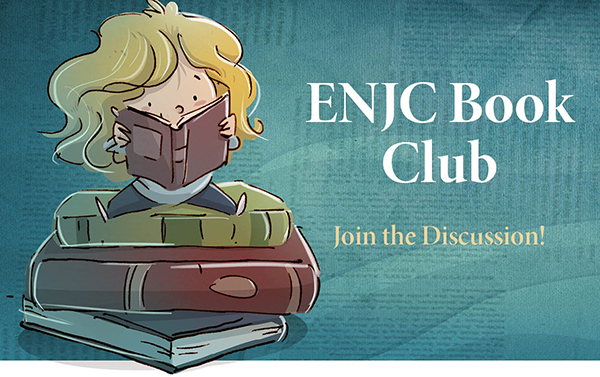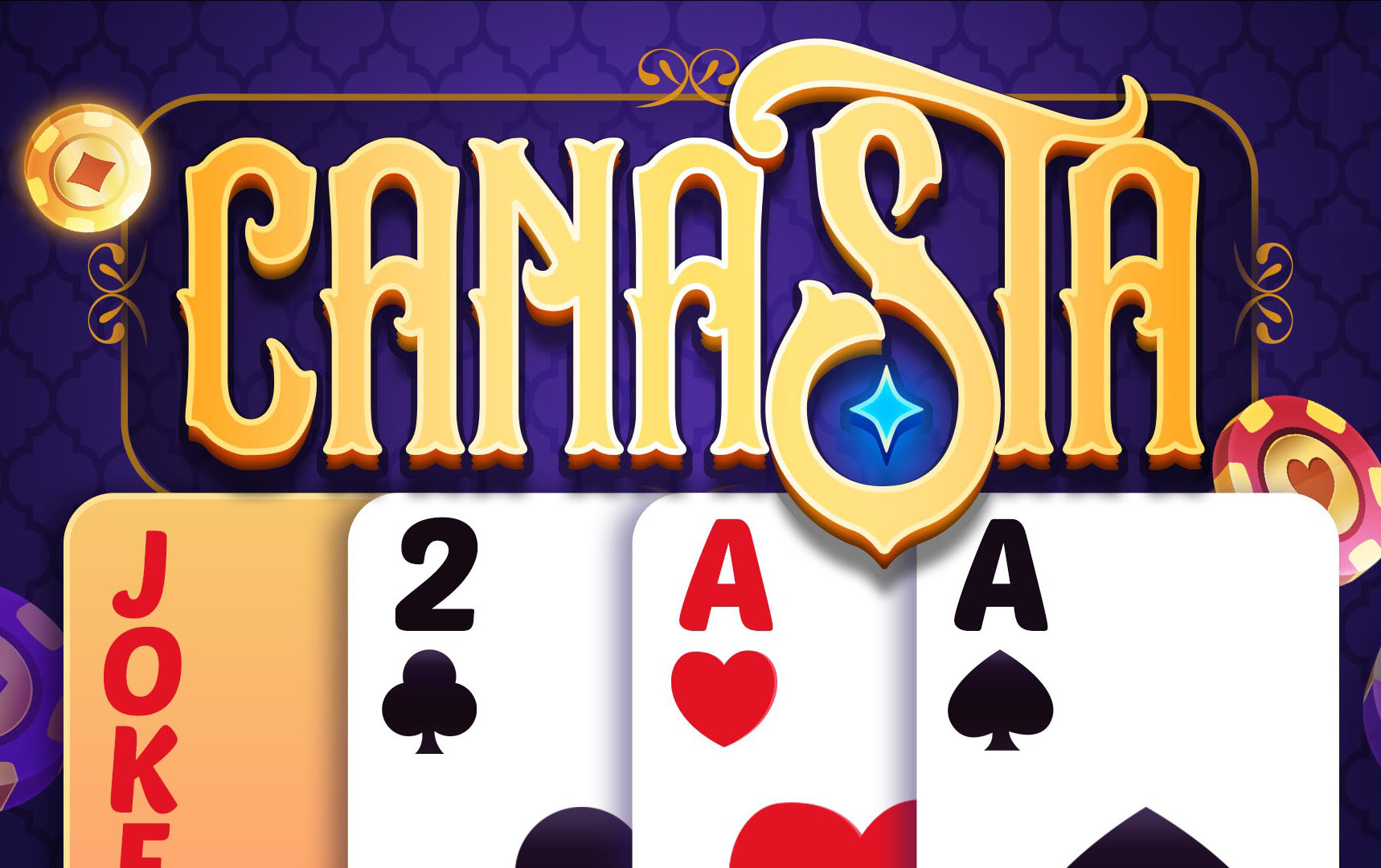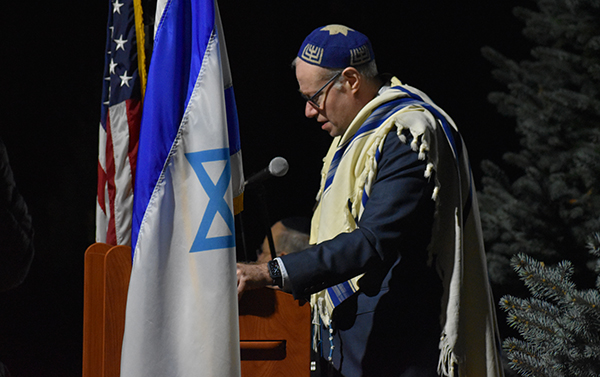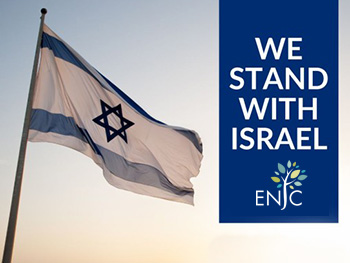
Passover Parodies
Now that my years of intense study at the Academy for Jewish Religion has come to a close, and I am officially both a Rabbi and a Hazzan, what is the point of it all? What does it matter to come into this position holding both skill sets of music and text, of the Siddur and of the Talmud, of Lewandowski and Maimonides? Why does the East Northport Jewish Center need both of these roles to be fulfilled, and not simply hire a sole Rabbi (or a sole Cantor) to serve all of its clerical needs? Now certainly, if you went with someone who was just a Rabbi, you’d likely have uninspired and unmusical Tefillah, as the prayers might lack the artistry granted by a skilled Hazzan. And if you simply had a Cantor, perhaps the sermons would lack the depth that a Rabbi trained in homiletics could provide. But all that is obvious. What is not obvious, is that someone trained in both text and music can create monstrosities of parody songs for Passover that simultaneously educate and (hopefully) entertain the listeners.
Towards that end, this year I wish to share some of my creations for Passover, and add a brief commentary on what the song teaches. We start with one of my oldest creations, and perhaps the easiest musically to implement into your own Seder:
“Four or Five Glasses of Wine” a la “100 Bottles of Beer on the Wall”
Refrain:
Four or Five glasses of wine on this night–one for each promise divine –
They’re all in Shemot, but the fifth missed the boat
We hope that Elijah will solve this in time
Verse:
Hotzeyti, "I'll bring you out" that’s listed first
Hitzalti "I'll rescue" - same verse
Ga'alti "Redeem"; you know what I mean
Lakachti "I'll take you" That's four for our thirst
(refrain)
Verse:
And yet there's Hayveyti, a promise as well,
to bring us all to Yisrael.
But that’d make it five, and that wouldn’t jive,
so we’ll wait for Elijah to come and to tell.
(refrain)
This song addresses a practice that most of us misunderstand. כוס אליהו – Elijah’s Cup. This is not simply some “Milk and Cookies for Santa” rip-off. As Eliezer Melamed wrote in his seminal text Peninei Halakhah, Pesach 16:36: “A significant uncertainty arose concerning the fifth cup. Some say that there is an extra special mitzvah to drink a fifth cup; the fourth cup should be drunk at the end of the Hallel and the fifth cup after the concluding berakha. Others say that the fifth cup is merely the Sages’ recommendation for one who wishes to continue drinking after the fourth cup. Still others say it is forbidden to drink a fifth cup.”
The customary practice is not to drink a fifth cup, ‘though the custom is to pour it and to call it “Eliyahu’s Cup.” The Vilna Gaon explains how it got this name: when there is an uncertainty that cannot be resolved, we believe that when the prophet Eliyahu returns as a harbinger of the messianic era, he will resolve it. Thus, we pour a fifth cup in his honor, and when he arrives he will tell us if we must drink it.’
This is not an opportunity for Elijah to ride from home to home, drinking people’s terrible, terrible Seder wine. It is a symbol for the disagreement over how the Seder is to be performed, and it’s there to demonstrate that there is a place for divergence in the Jewish community, and that we don’t simply dismiss the minority opinion out of hand, but preserve multiple voices and customs, even if we don’t follow those practices.
If that is not enough for your Seder, I additionally wrote the following song to address both the Ma Nishtana and the practice of Maror and Haroset:
“Take Ḥaroset” a la “Hit the Road Jack” by Percy Mayfield
Chorus:
You take Ḥaroset, and then you gotta dip maror, maror, maror, maror
You take Ḥaroset, and then you gotta dip maror (x2)
Verse:
On every other night we eat “Ḥametz uMatzah”,
tonight our only bread is flat as Oklahoma.
Then Hillel came and changed the score—
We gotta eat it with that bitter maror.
That’s Right!
(Chorus)
Verse:
On every other night we eat Sha’ar Yirakot,
any type of veggie that might float your boat;
But tonight there ain’t no either/or—
we’ve gotta eat that bitter maror.
That’s Right!
(Chorus)
Verse:
On every other night, we don’t even dip once,
“Afilu pa’am eḥad” in the Hebrew, you dunce!
Once for karpas and what’s more—
The second time’s that bitter maror.
That’s Right!
(Chorus)
Verse:
On every other night we may sit or recline,
“kulanu m’subin” when we’re drinkin’ our wine
Yet there’s one food we must all sit for,
we can’t recline when we eat our maror.
That’s Right!
(Chorus)
The Ma-Nishtana has always bothered me. The whole point of the Seder is to ask questions, to learn and study the concept of freedom, similarly to how the ancient Greeks would hold a symposium to focus on ideals like love. As Peter Garnsey stated in Food and Society in Classical Antiquity: “the event depicted in the symposium is a banquet attended by a group of men, who have come to the symposium, which was, in ancient Greece, a traditional part of the same banquet that took place after the meal, when drinking for pleasure was accompanied by music, dancing, recitals, or conversation” Now, we’ve replaced the after dinner revelry (Greek: epikomion) with a bit of left over matzah (Afikoman) but the format is otherwise intact. But if the point is to delve into a subject as rich and deep as “freedom,” why do we use the same canned questions year after year? Even worse, some of those questions aren’t even applicable anymore. Is dipping food such a strange phenomenon to those of us who routinely dip French fries in ketchup, or pita in hummus? Meanwhile, is reclining at the dinner table a valid option today? I’m fairly sure your great aunt would disapprove of you not sitting up straight! So what do we get out of this ritualized question and answer? Well, you get participation from the children, which is one of the essential goals of the Seder. For this is not simply an event for the adult males to discuss while the womenfolk provide food and entertainment, and the children are not to be found at all. Rather, the Seder is an all-inclusive family event where everyone is encouraged to participate.
This brings us full circle, back to adding parody songs to your Seder. If you and your family are all fully fluent in Aramaic, great, chant the traditional text, add a few new commentaries and texts, and you’ve fulfilled your obligation. But if not, it is not only allowed, but fully encouraged to add texts and songs to the Seder that will both educate, and prompt people to add new questions to the Seder, even if those questions are “Why are we singing this dreck?”
Hag Kasher v’Samayach
